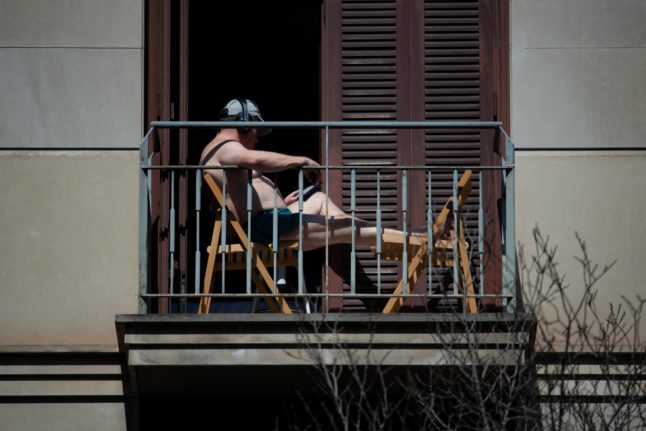The move comes amid a rise in sexual assaults by minors in Spain, including several gang rapes, that has worried officials and experts, who warn about the impact of ever-younger children being exposed to pornography.
“The consumption of porn at such young ages has obvious and logical negative impacts,” government spokeswoman Pilar Alegría told a news conference after a weekly cabinet meeting, calling the issue “a major concern for society”.
The government has tasked Spain’s national data protection agency to develop an application that can be installed on mobile phones and other electronic devices which proves the user is at least 18 years old and can therefore access porn sites, she said.
A pilot version of the application has already been tested on the main internet browsers and a final version should be ready during the first half of 2024, she added, without providing details regarding how the government will enforce its use.
The initiative is “pioneering” in Europe, Alegria claimed. France last year announced it planned to introduce a digital-certification mechanism to control access to pornographic websites and prevent children from accessing explicit material.
Alegría also said she would be able to provide more information about a planned draft law aimed at protecting children from inappropriate content online such as pornography “in the coming weeks”.
More than half of Spanish children (53.8 percent) have watched pornography before turning 13, according to a study by the NGO Save the Children.
Socialist Prime Minister Pedro Sánchez has called the figures on pornography consumption by minors “devastating”.
“We are suffering a real epidemic of minors who have access to pornographic content which affects their development and their present and future behaviour,” he added in an interview published Sunday in top-selling daily newspaper El País, warning porn “objectifies women”.



 Please whitelist us to continue reading.
Please whitelist us to continue reading.
Member comments